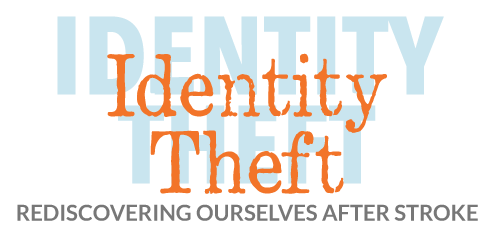29 Jun Meet Chris – “one of the lucky ones”
 I was one of the lucky ones. When my stroke hit, with no warning at all, I was fortunate to be visiting with two close friends, one of whom had had a stroke. When I stopped speaking mid-sentence, and slumped onto the couch with no feeling on my right side, she knew immediately that I was having a stroke and called 911. I was lucky we were close to Stanford Hospital and Redwood City Kaiser and was there in about 15 minutes, and was again lucky that they have a world class stroke center and were using a newly developed protocol to speed possible stroke victims through the system. That let them quickly detect a clot that caused my stroke and call my wife for authorization (again, lucky that she could answer her phone) to administer tPA, or tissue plasminogen activator. tPA is the go-to clot-dissolving medication that can break through the blockage before too much brain damage is done.
I was one of the lucky ones. When my stroke hit, with no warning at all, I was fortunate to be visiting with two close friends, one of whom had had a stroke. When I stopped speaking mid-sentence, and slumped onto the couch with no feeling on my right side, she knew immediately that I was having a stroke and called 911. I was lucky we were close to Stanford Hospital and Redwood City Kaiser and was there in about 15 minutes, and was again lucky that they have a world class stroke center and were using a newly developed protocol to speed possible stroke victims through the system. That let them quickly detect a clot that caused my stroke and call my wife for authorization (again, lucky that she could answer her phone) to administer tPA, or tissue plasminogen activator. tPA is the go-to clot-dissolving medication that can break through the blockage before too much brain damage is done.
Eight years later I’m lucky to have 95% of my physical capabilities back. I still deal with the side effects from medications like balance, memory and muscle weakness. Without early detection and the use of tPA I would be much worse off.
The more we can shine a light on stroke, the better. Early detection and treatment is so important in reducing the damage from a stroke and making recovery faster and more complete. I hope everyone reading this site will learn how to recognize a stroke, and make it their business to get immediate help for anyone they see who is experiencing one.
Even with my relatively complete recovery, my experience with stroke had a big impact on how I see myself. I wake up every day and give thanks to people like Dr. Diane Pennica of Genentech. Dr. Pennica devoted two years of her life, 17 hours a day with no days off, in order to clone tPa and save millions of lives like mine. I feel so grateful to be alive and healthy and now work with the American Heart Association as much as I can to spread the words of FAST to as many people as possible – If you see someone whose face is drooping, or or if someone is experiencing arm weakness and/or speech difficulty, it’s time to call 9-1-1!
If anyone is interested in more about my story, you can see the article and video on the Stanford Hospital website here. Thanks Debra, for writing this book and helping to shine the spotlight on stroke.
